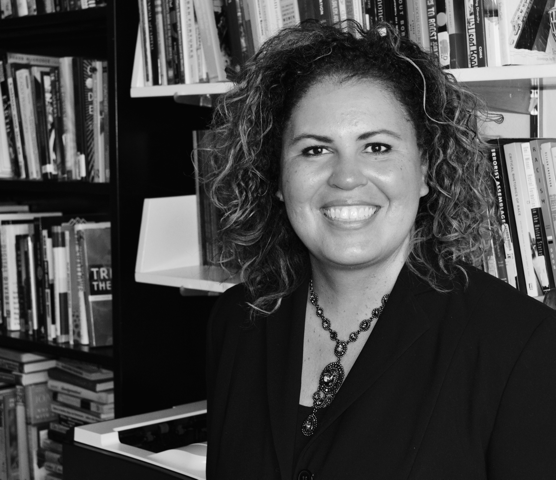We are pleased to announce that Dr. Safiya Umoja Noble will give a public lecture on the subject, Challenging Algorithms of Oppression: Black Annihilation and the Internet, on November 16, 2016, 3:30-5PM in the Valley Library.

The circulation of surveillance videos and images of African Americans murdered or detained by police and private security has been enhanced by the spectacle of new media. This new research, building upon my previously published research about Trayvon Martin in The Black Scholar, argues that media spectacles are created by surveillance records to foster news ratings and advertising revenues at the expense of national conversations and public policy addressing racial justice. The use of digital technologies has become an enticing way of giving voice to marginalization and oppression, but technological engagements are an insufficient intervention on racist, sexist, and systemic economic oppression. In this talk, Safiya Umoja Noble will discuss the importance of the academic-activist scholarly community to offer models of intervention through research and teaching, and the importance of examining the consequences and affordances of information and technology projects.
She will also lead a workshop, Field notes from Critical Information Studies (and What Can We Learn from Google Glass), focused for graduate students. This will be held on November 16 from 11:30AM-1PM, with lunch served. You can register for the workshop here.
Utopian discourses of freedom through technology are not new. Critical information and geography scholars have written extensively about how hierarchies of power are reproduced and enacted through digital technologies, and they point to the ways in which the informationalization and digitization of everyday life heightens control and surveillance, but also establishes digital enclosures with power-laden boundaries across race, gender, and class.Technological projects are never neutral. In this workshop, Dr. Safiya Umoja Noble from the UCLA Department of Information Studies will discuss the importance of the digitally-enabled academic-activist community to offer models of intervention and resistance through research, practice and teaching. By illuminating linkages to power struggles over values, particularly in the context of the digital, we can re-examine information contexts that can engender greater responsibility and imperative to act.
Dr. Safiya Umoja Noble is an assistant professor in the Department of Information Studies in the Graduate School of Education and Information Studies at UCLA. She also holds appointments in the Departments of African American Studies, Gender Studies, and Education. Her research on the design and use of applications on the Internet is at the intersection of race, gender, culture, and technology. She is currently working on a monograph on racist and sexist algorithmic bias in search engines like Google (forthcoming, NYU Press). She currently serves as an Associate Editor for the Journal of Critical Library and Information Studies, and is the co-editor of two books: The Intersectional Internet: Race, Sex, Culture and Class Online (Peter Lang, Digital Formations, 2016), and Emotions, Technology & Design (Elsevier, 2015).
Support for this event comes from OSU Libraries & Press, the College of Engineering, the School of Electrical Engineering and Computer Science, the President’s Commission on the Status of Women, the School of Language, Culture and Society, Queer Studies, Women and Gender Studies, Ethnic Studies, and the Office of Institutional Diversity.
Questions about the event, including requests for accommodations, can be made to Lindsay Marlow at lindsay.marlow@oregonstate.edu or by phone at (541) 737-2376.

